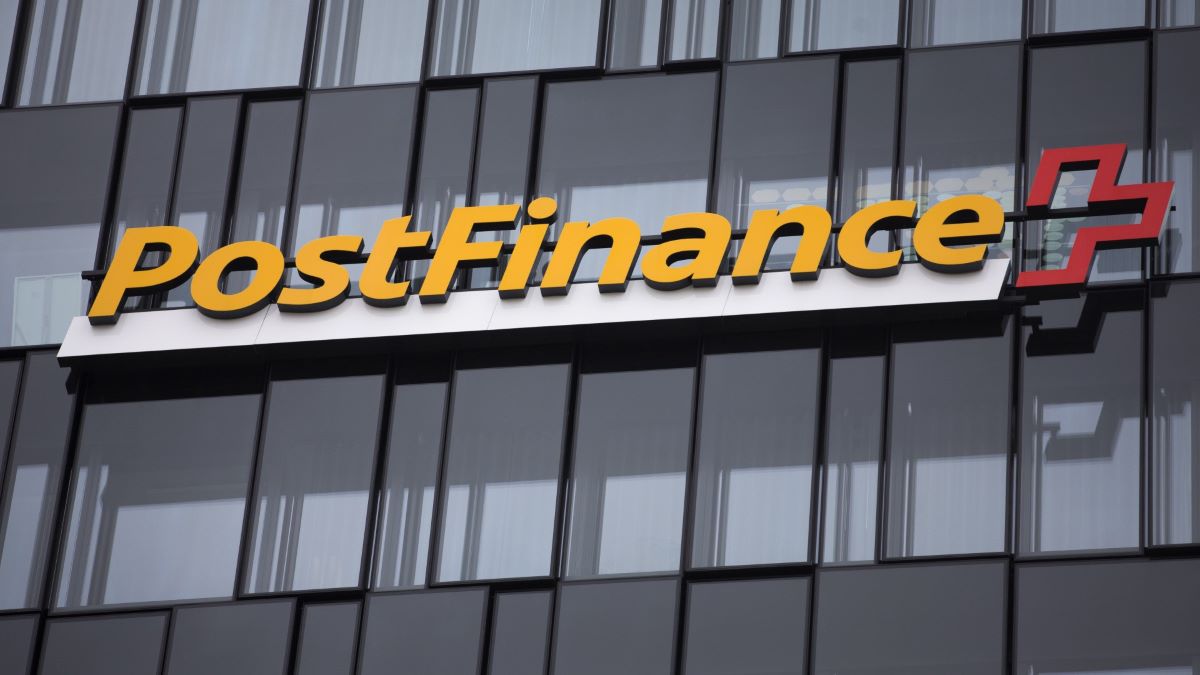PostFinance, a Swiss government-owned bank, has significantly expanded its involvement in the cryptocurrency market by introducing new trading and custody services for several digital assets. Initially offering Bitcoin and Ethereum, the bank recently added XRP, Solana (SOL), Cardano (ADA), Polkadot (DOT), and Avalanche (AVAX) to its crypto lineup. This move is part of PostFinance’s strategy to enhance its product offerings and engage more deeply with digital assets.
The decision to include SOL, XRP, ADA, DOT, and AVAX reflects the growing diversity and innovation within blockchain ecosystems.
These cryptocurrencies were chosen based on their active development communities and substantial GitHub submission rates, signaling robust growth and technological advancement compared to traditional leaders like Ethereum.
PostFinance’s venture into cryptocurrency dates back to earlier collaborations, notably partnering with Sygnum Bank in 2023 to launch regulated crypto services.

Through this partnership, customers gained access to Bitcoin and Ethereum on Sygnum’s banking platform, enabling transactions such as buying, selling, trading, and storing these assets securely.
Additionally, the bank’s mobile app Yuh, launched in collaboration with Swissquote in 2021, expanded access to crypto assets, ETFs, and stocks like Tesla and Apple. Yuh has empowered users to conduct digital asset transactions, make payments, and pursue long-term savings directly from their mobile devices.
Switzerland’s proactive stance on crypto adoption, fostered by initiatives like the “Crypto Valley” in Zug, has created a supportive environment for blockchain innovation.
PostFinance, Switzerland’s fifth-largest financial services provider, has leveraged this environment to integrate digital assets into traditional banking, catering to its vast customer base of over 2.5 million users.
As other major banks globally embrace cryptocurrencies, Switzerland is positioning itself as a prominent hub for digital assets. PostFinance’s expanded range of crypto services underscores its commitment to offering comprehensive and diversified options for crypto trading and custody, potentially setting the stage for Switzerland to play a pivotal role in the evolving digital assets ecosystem.
